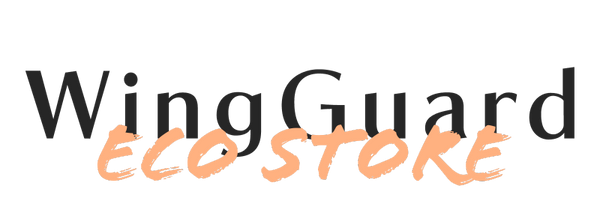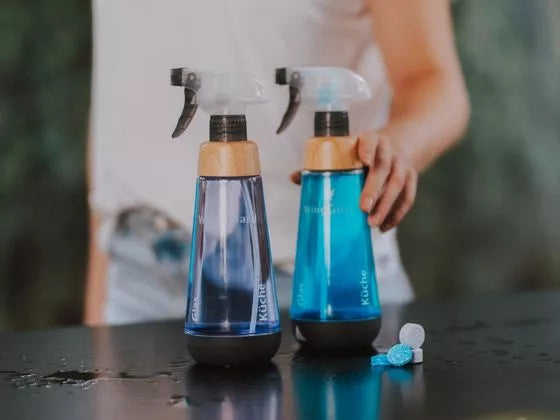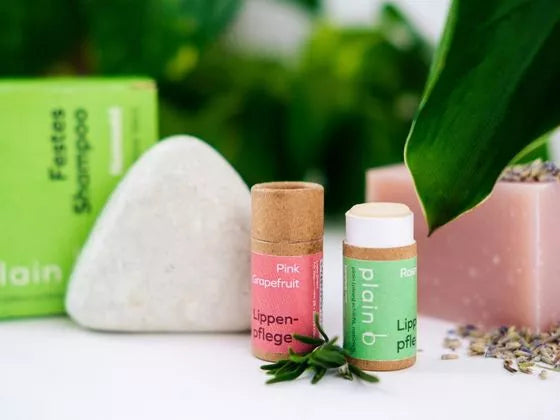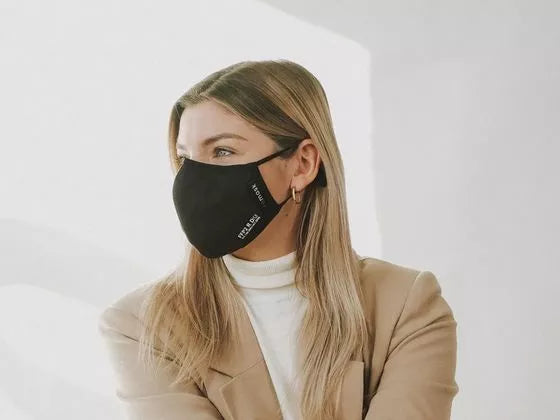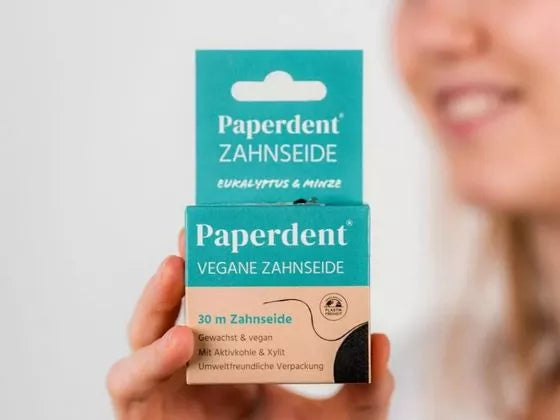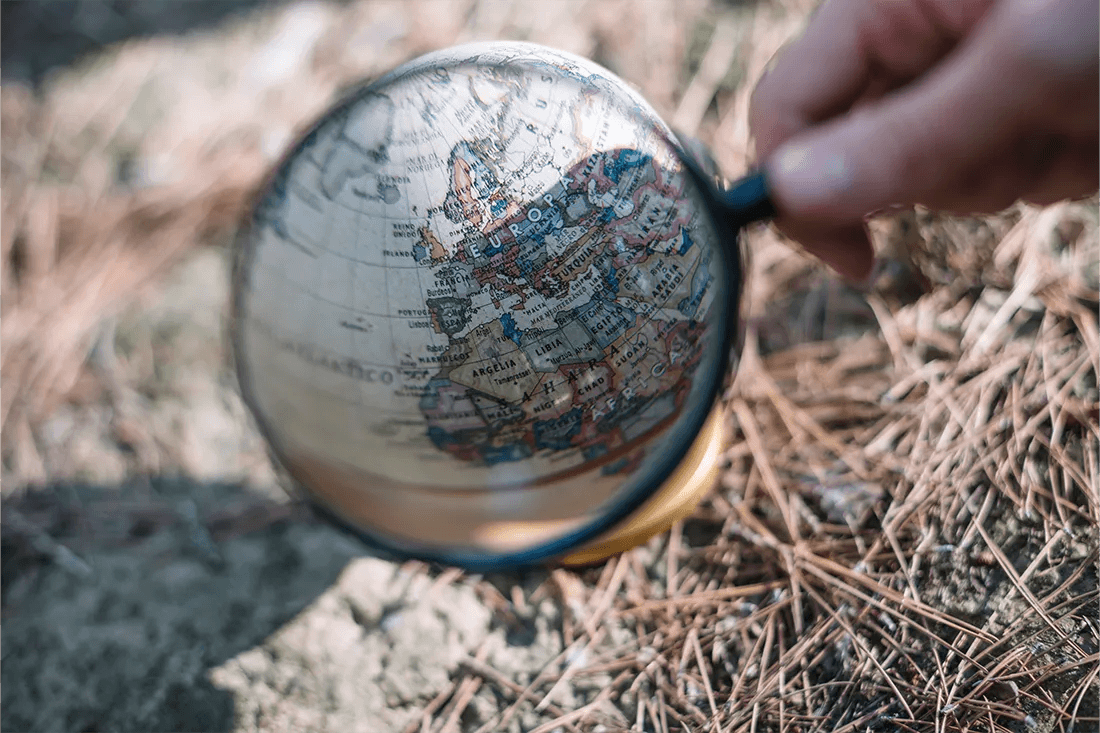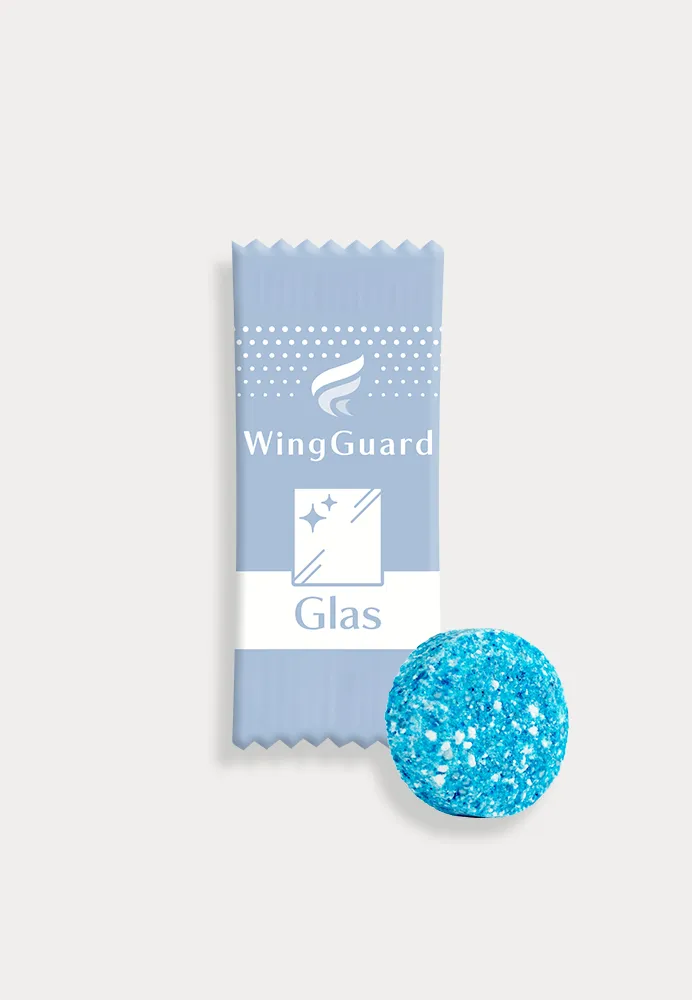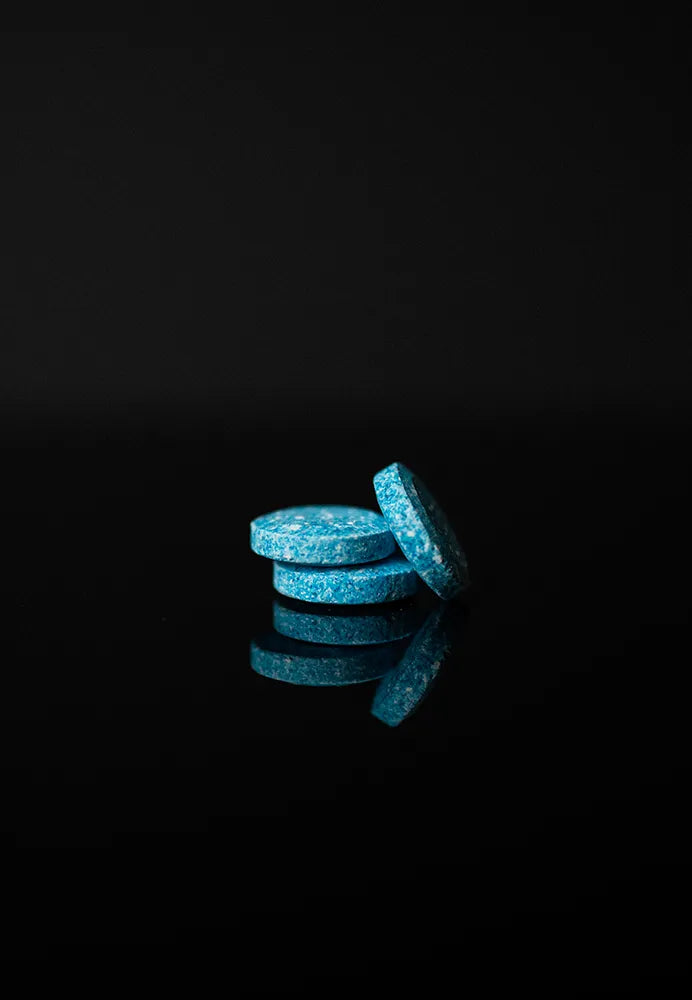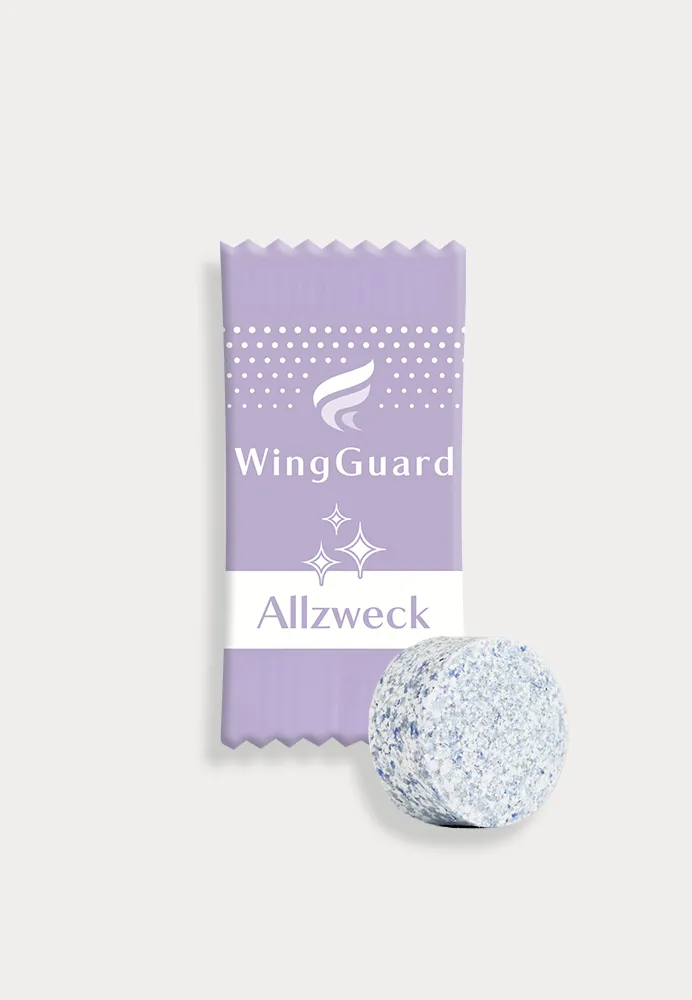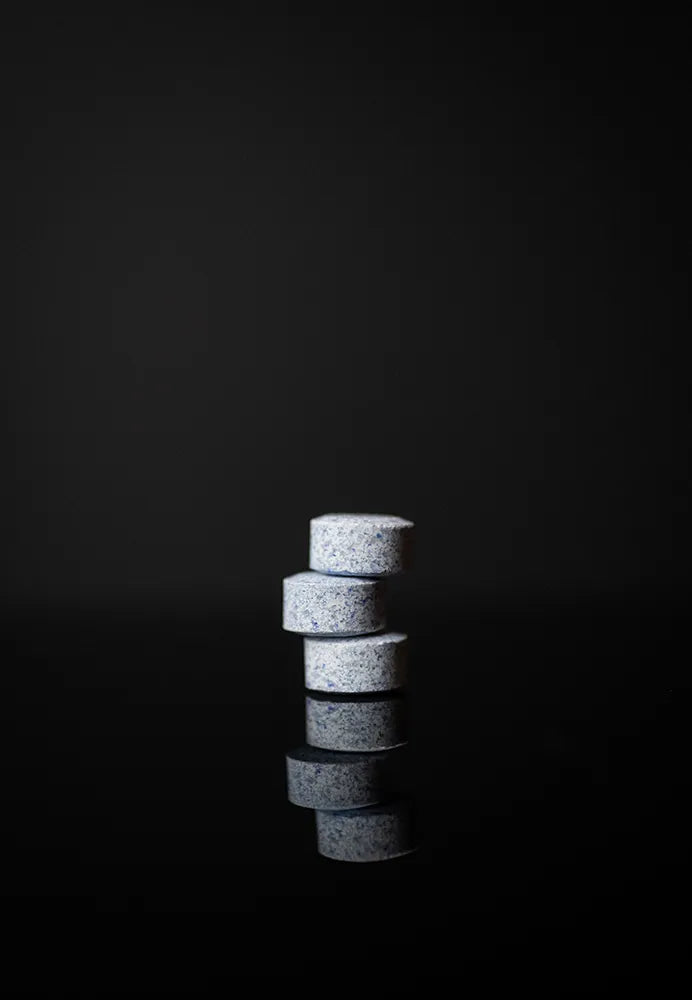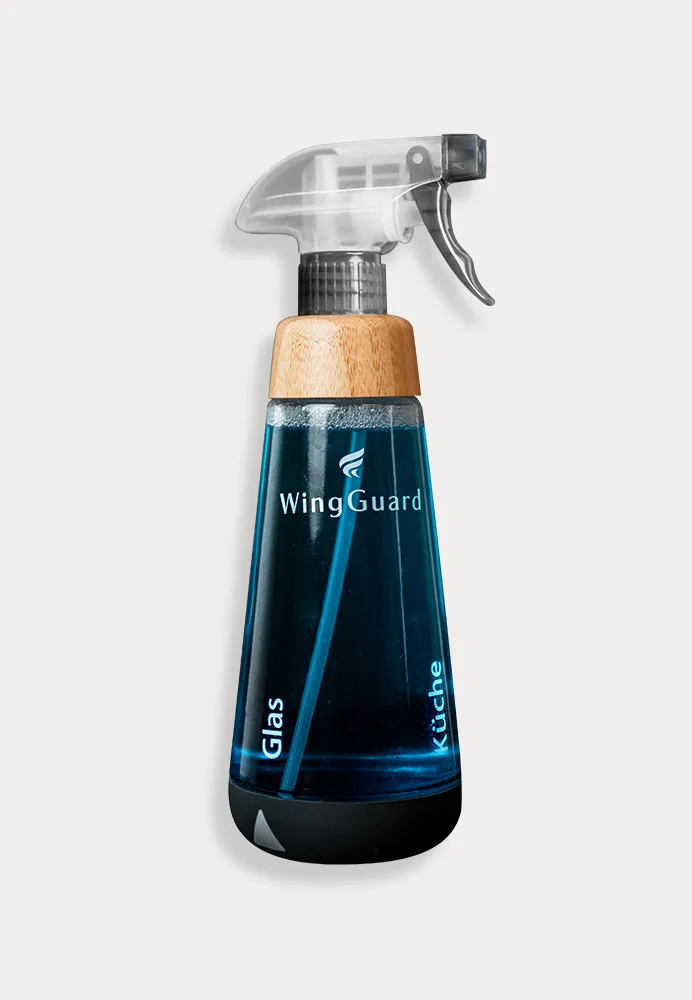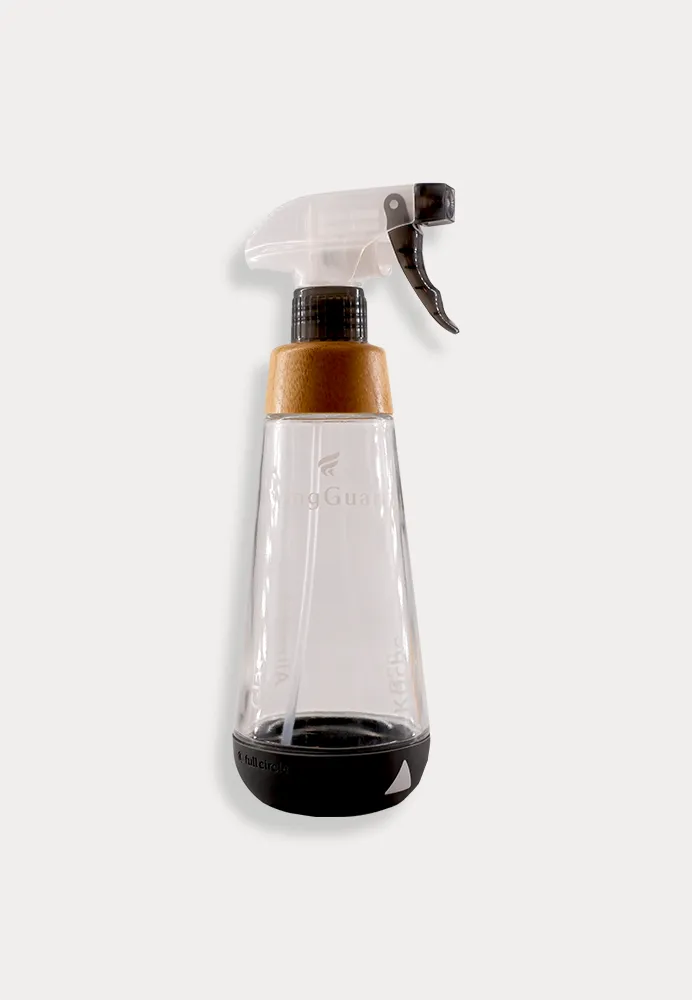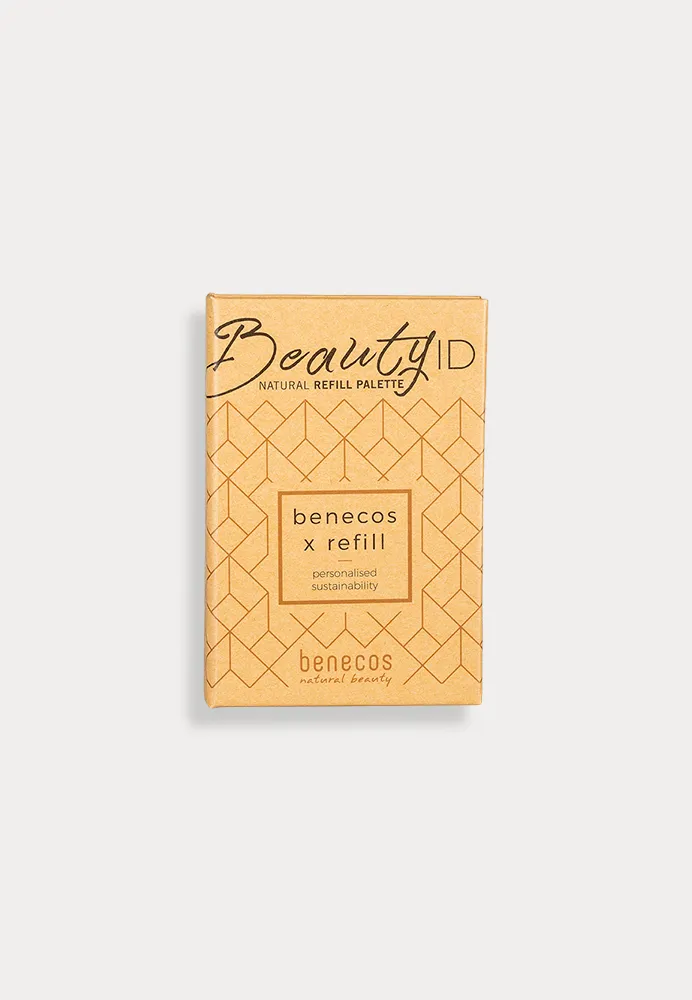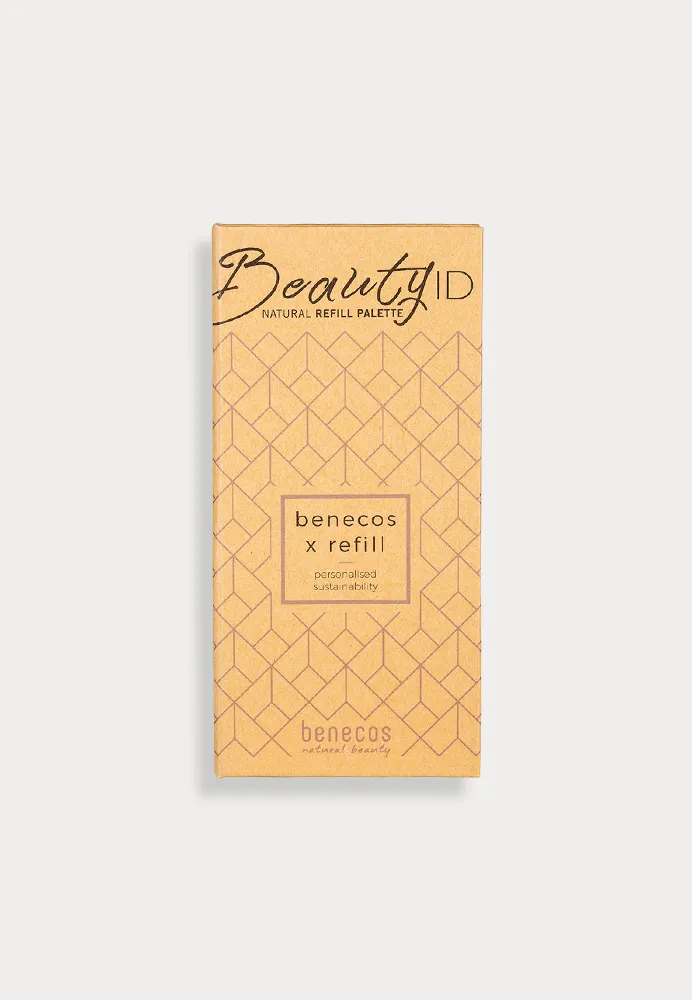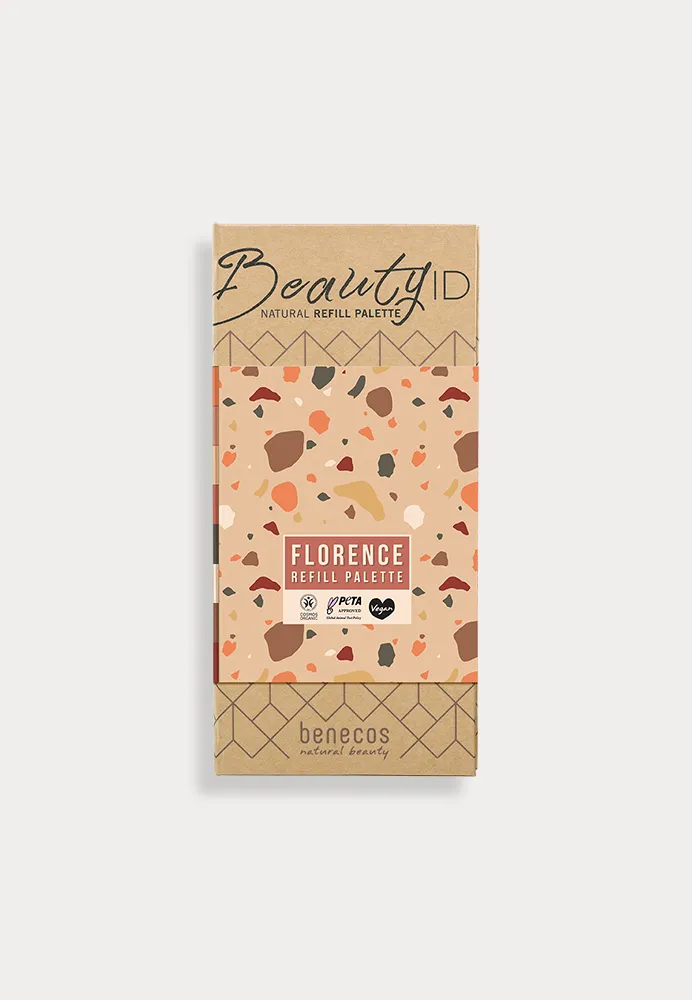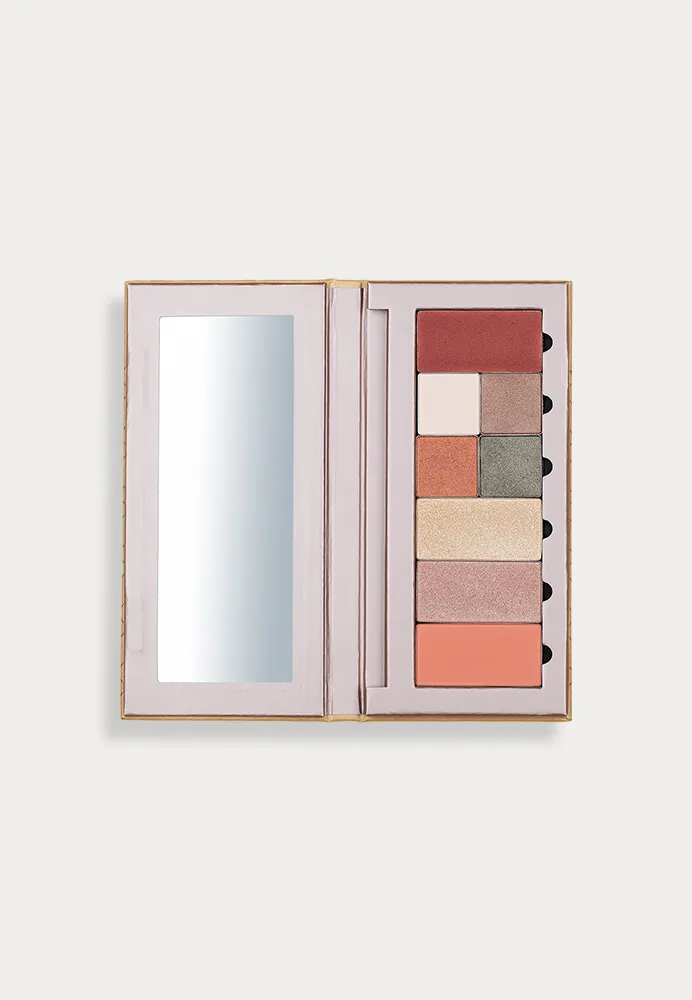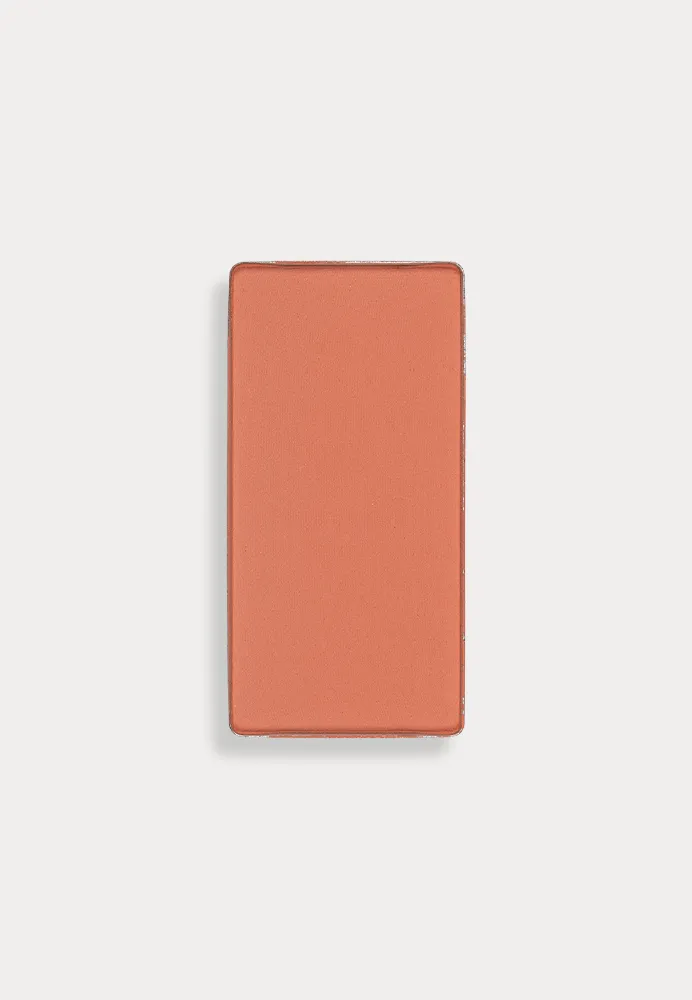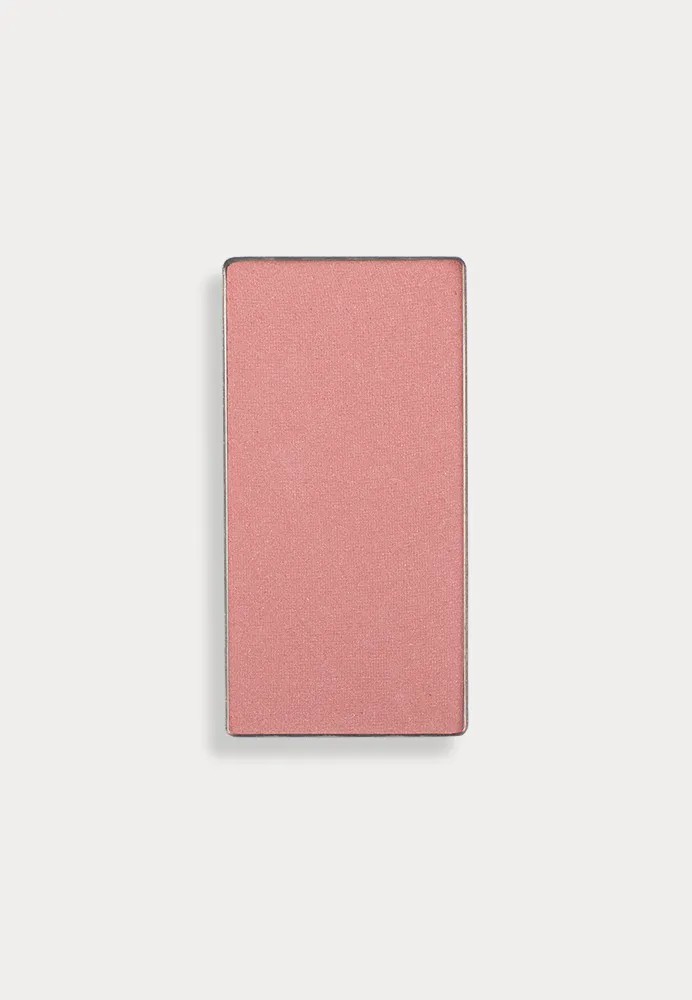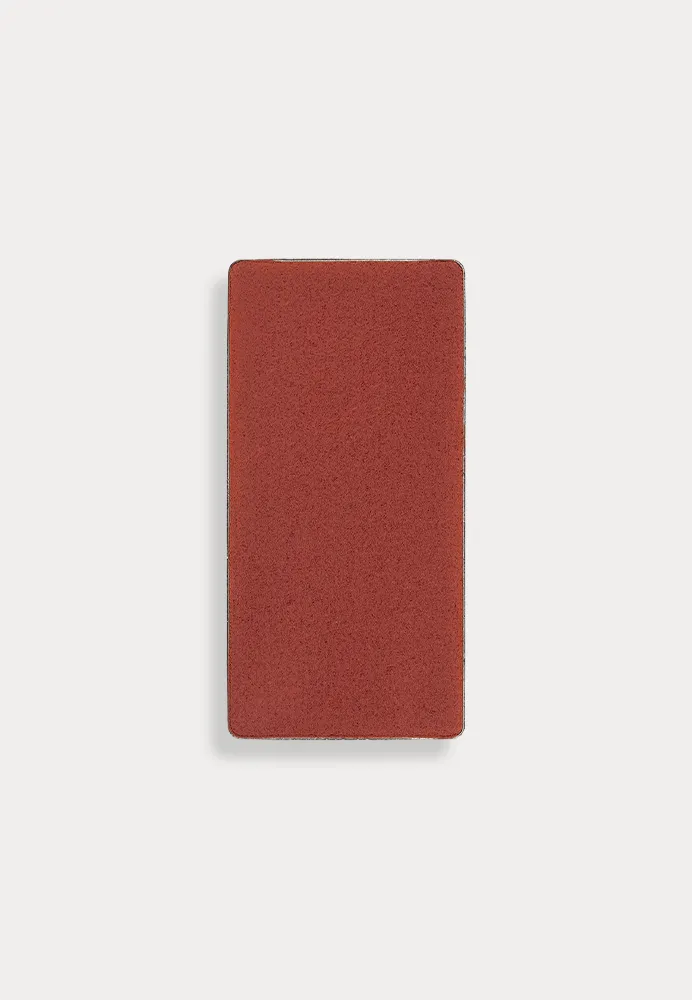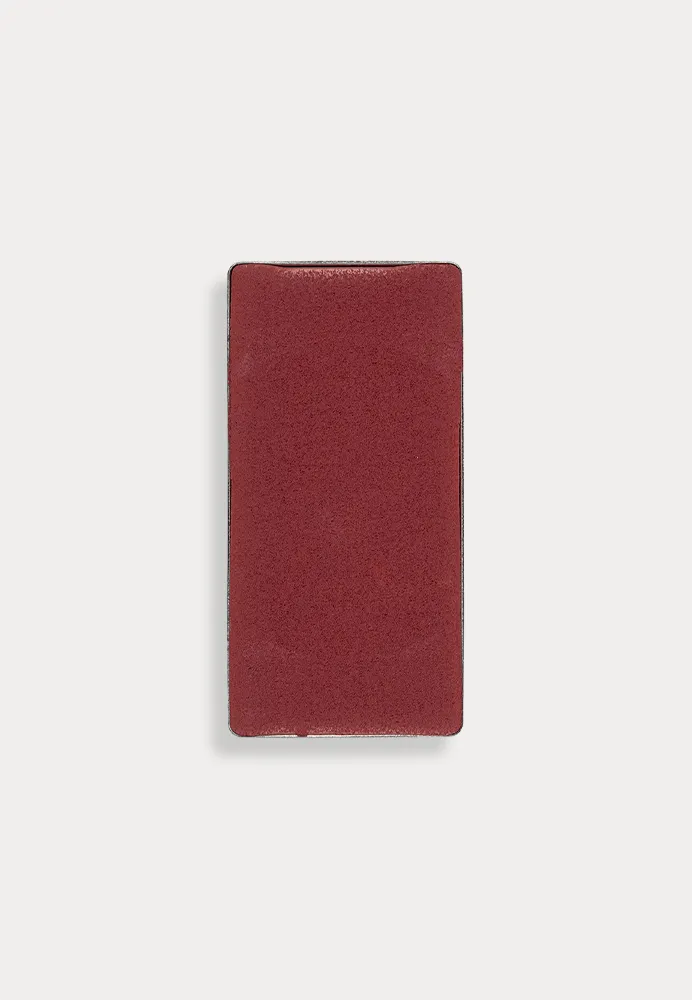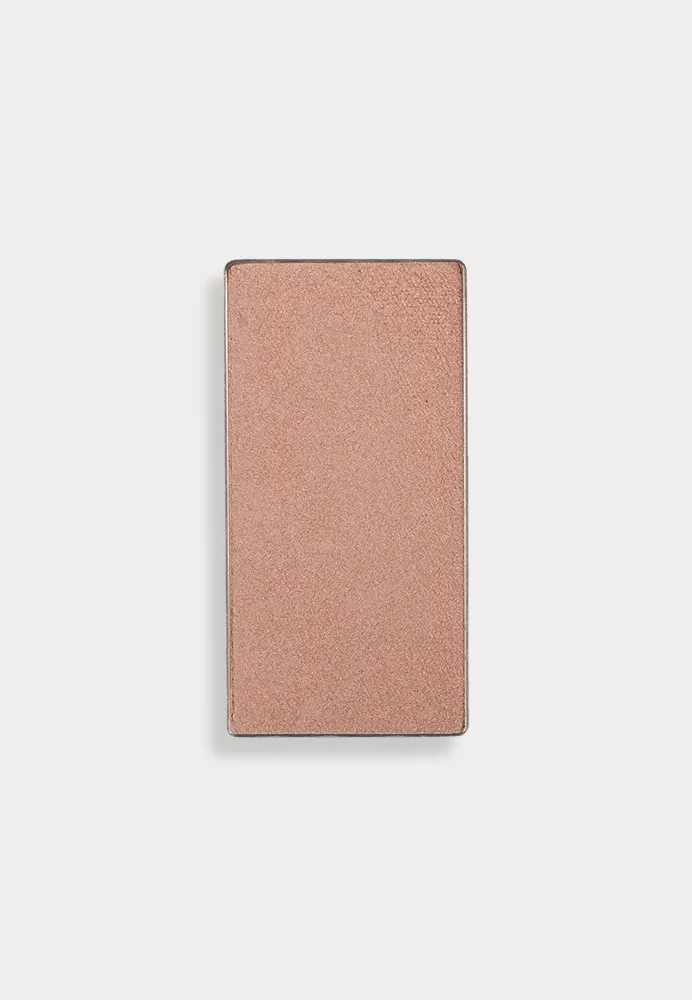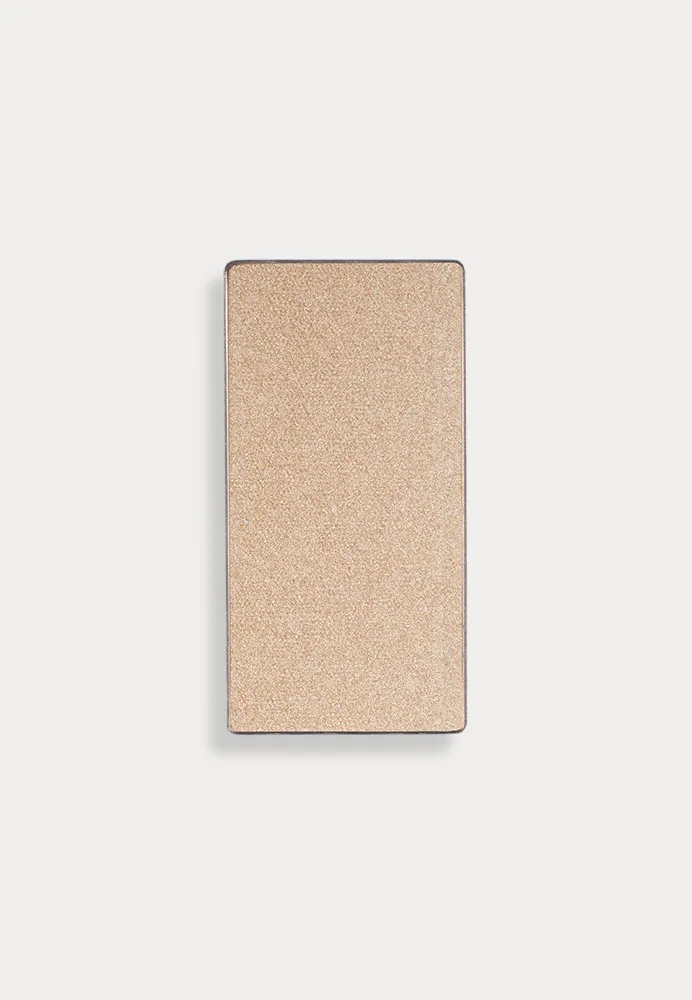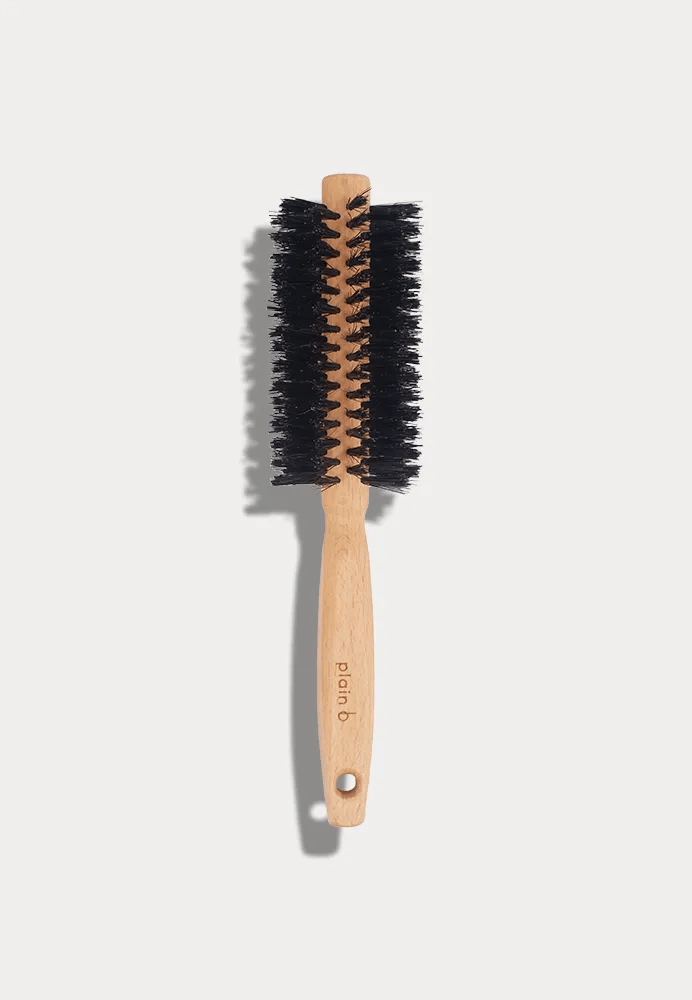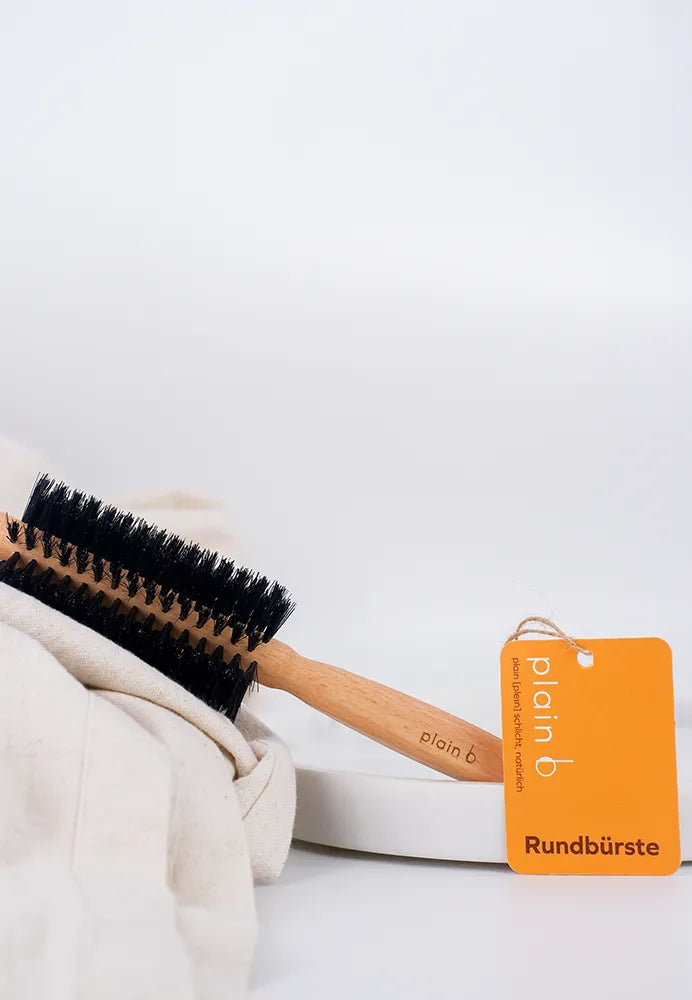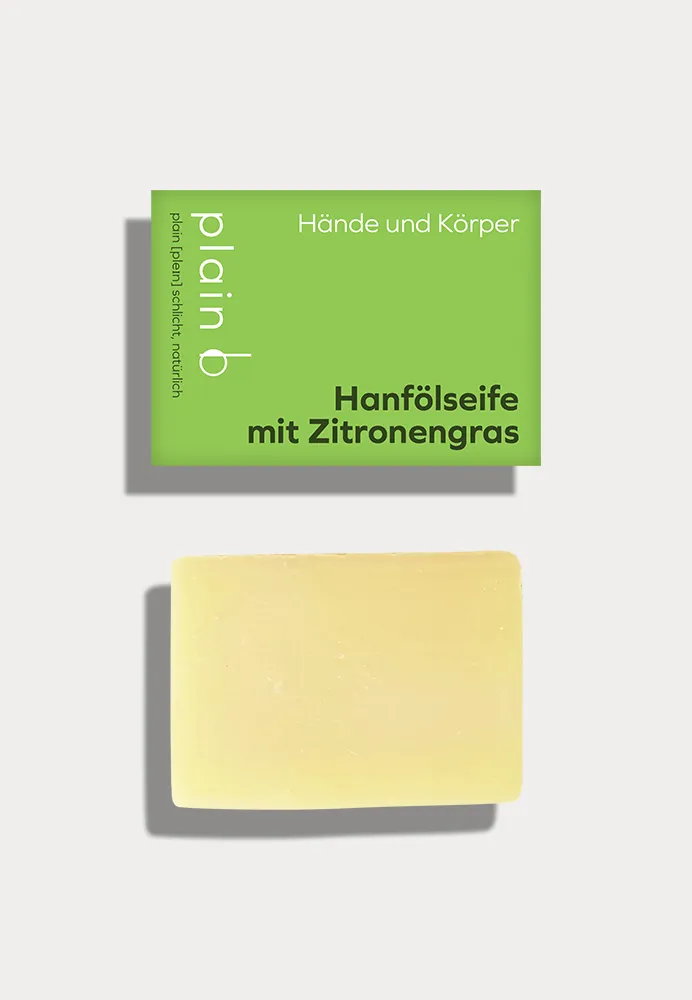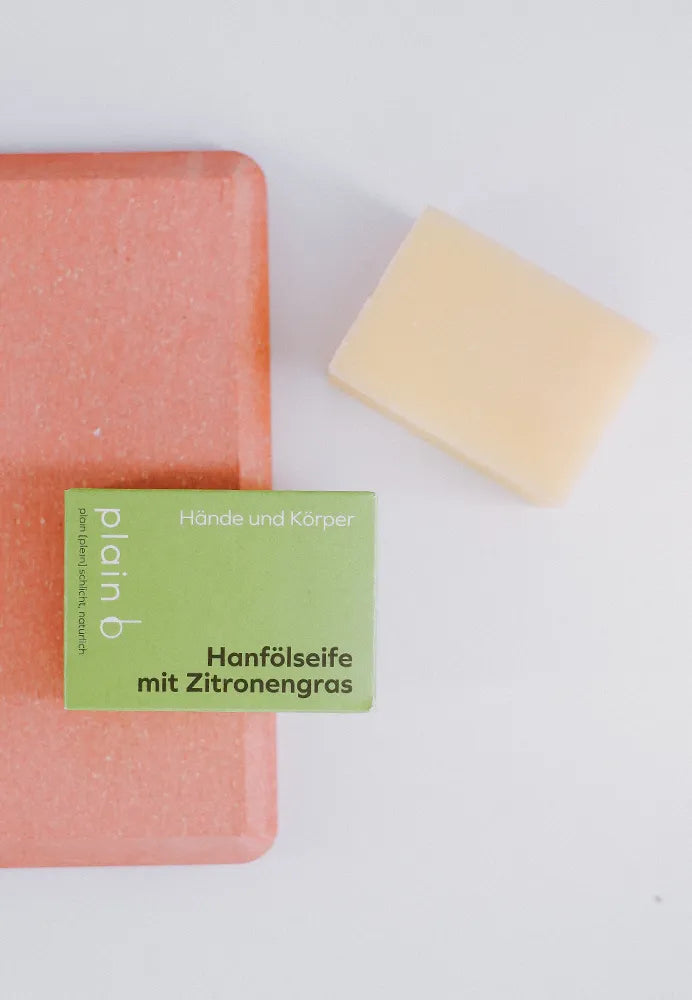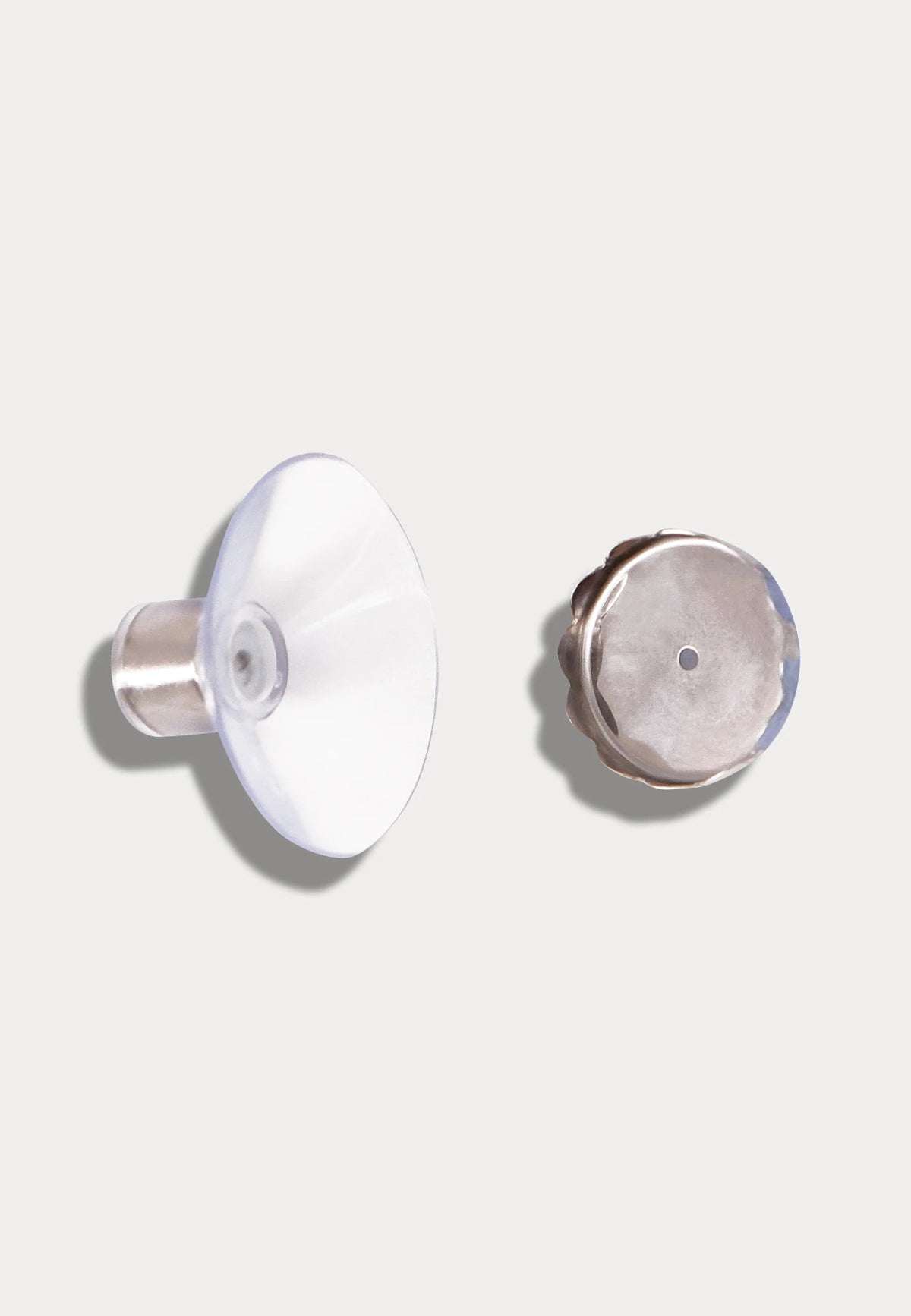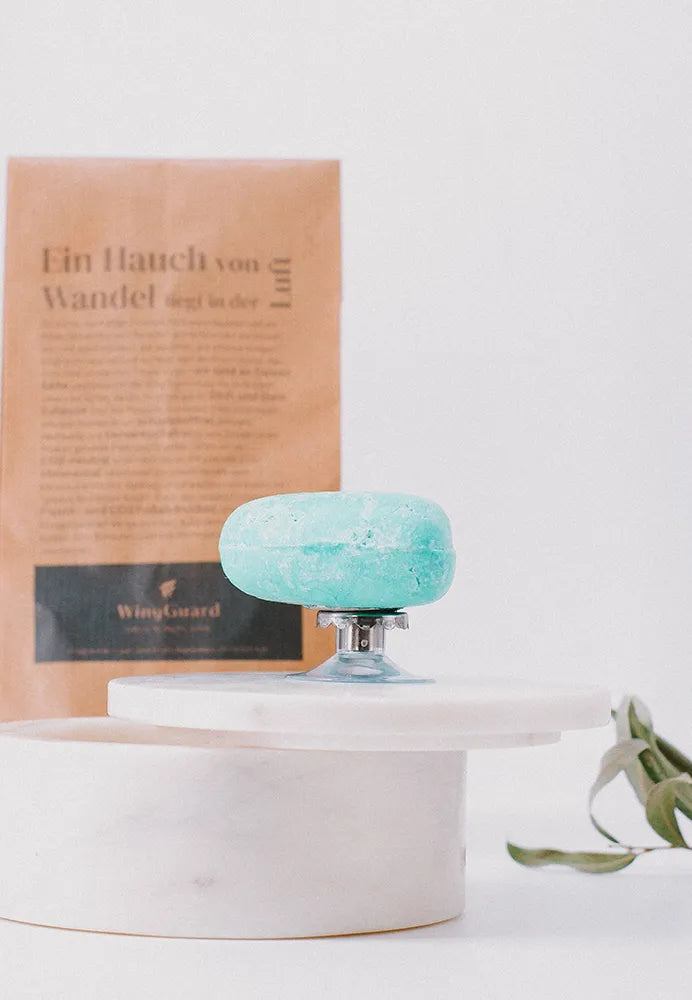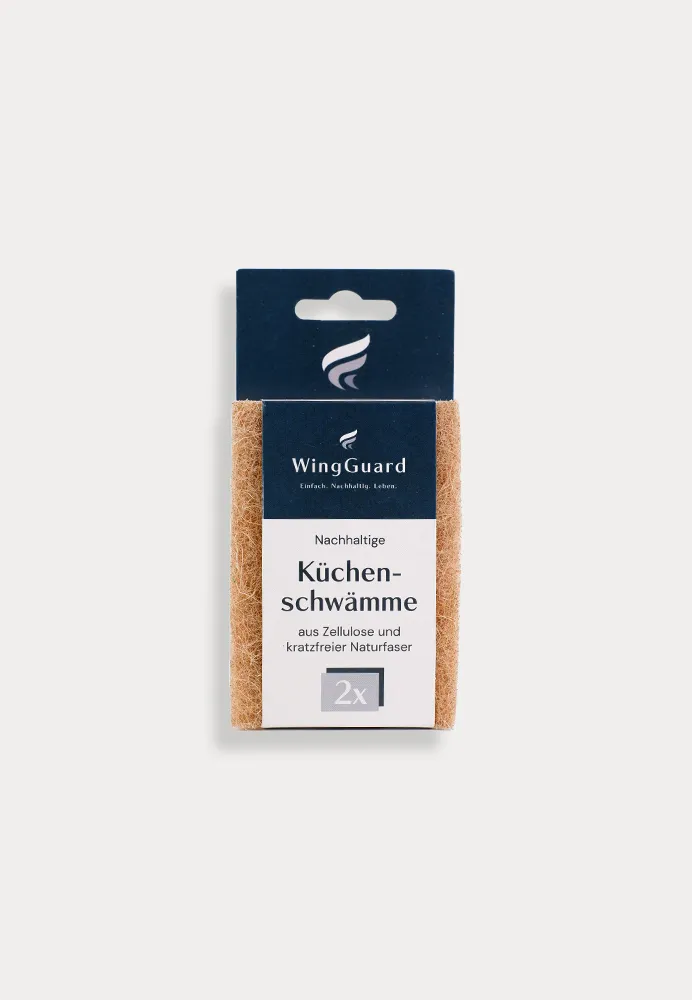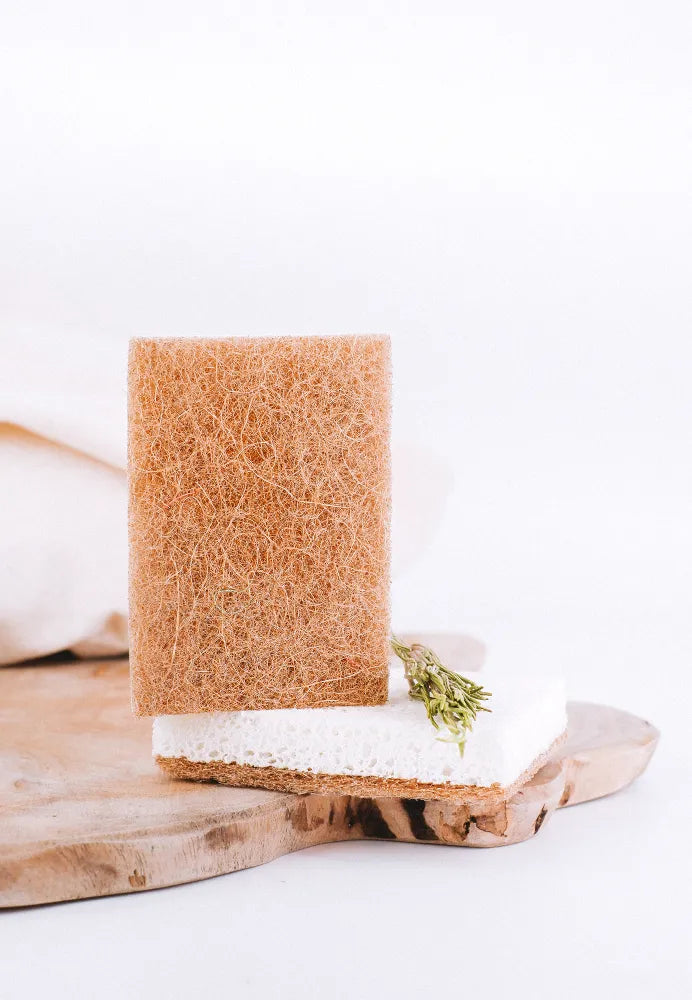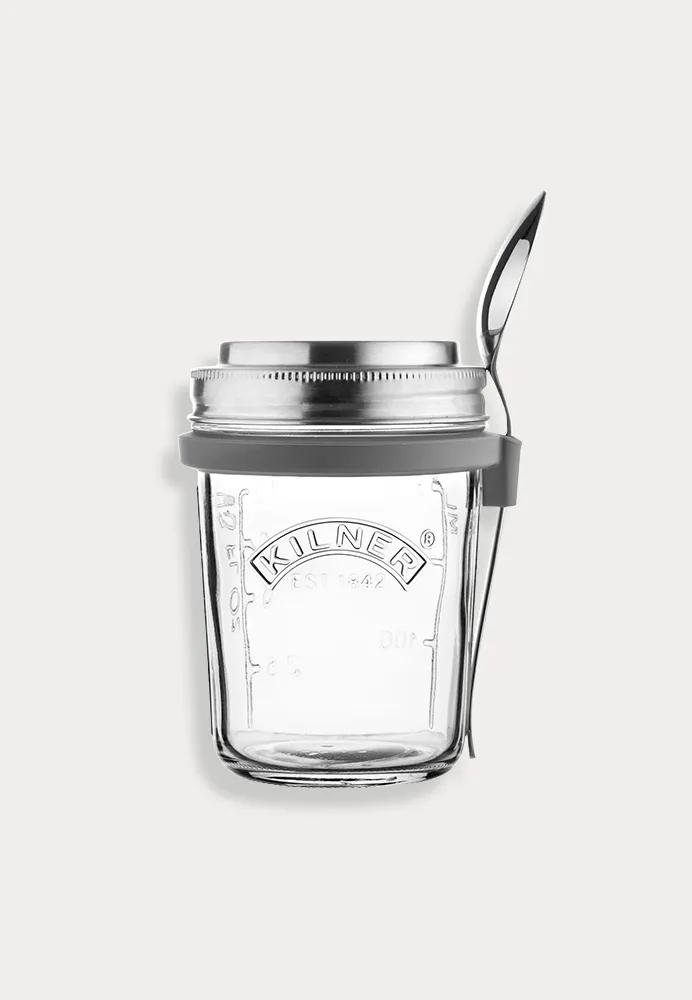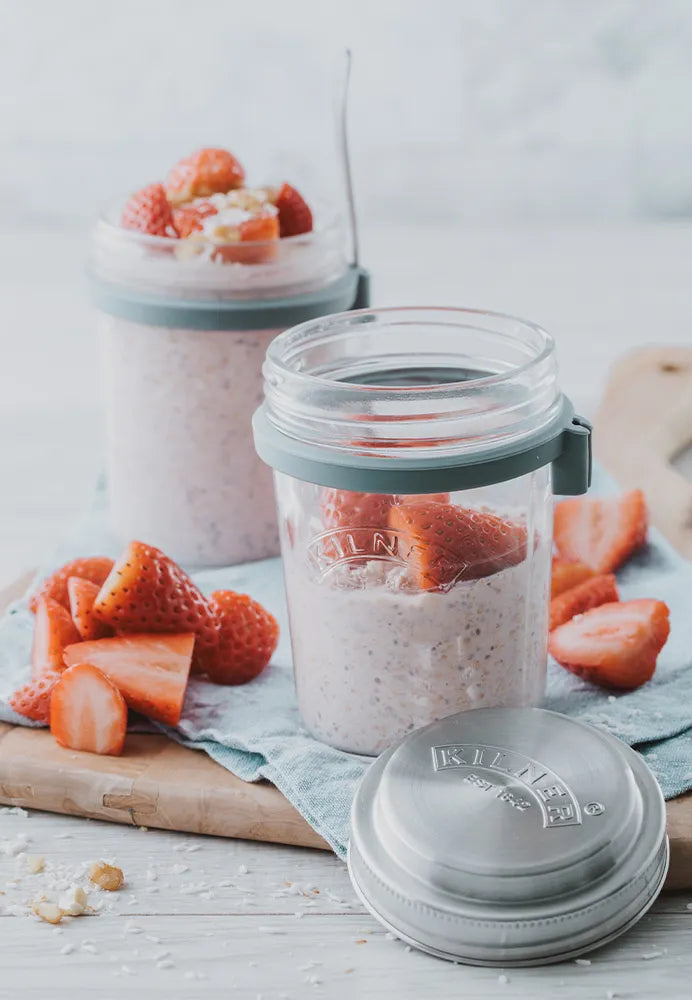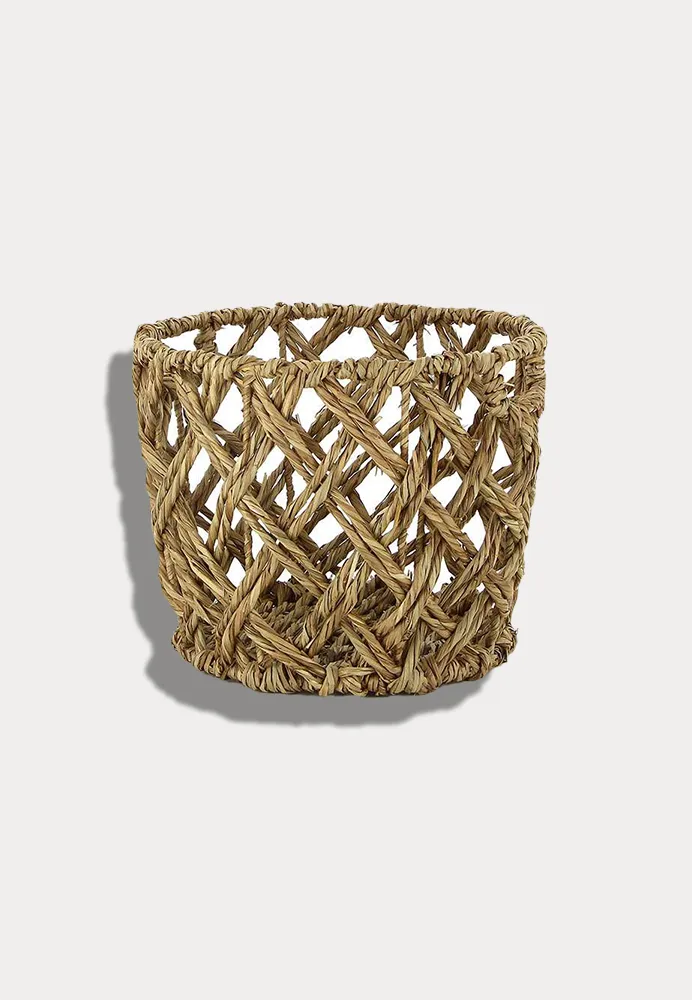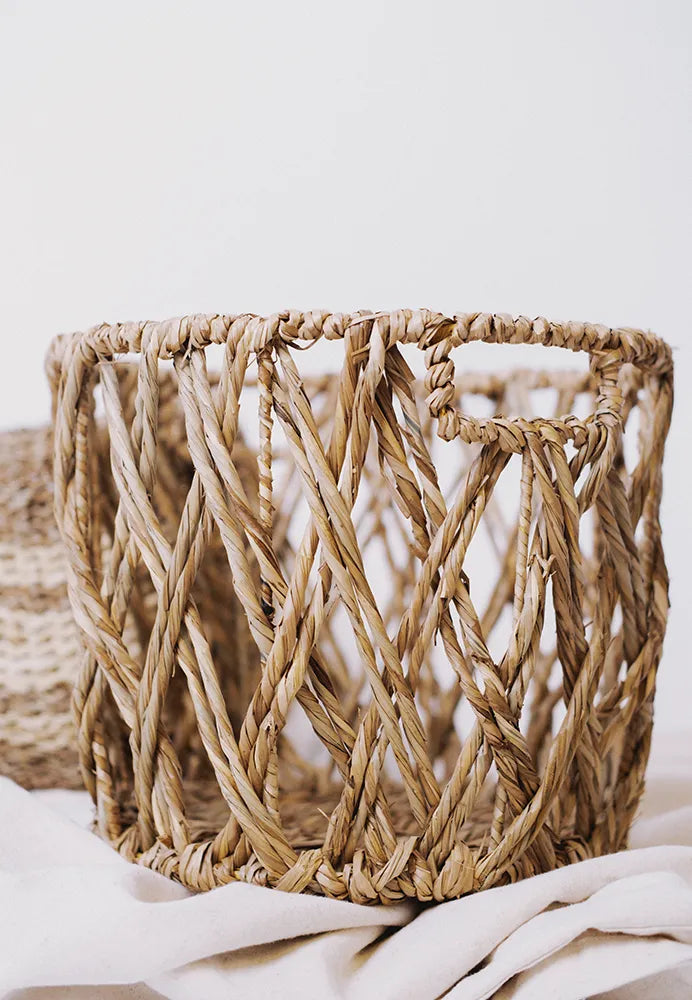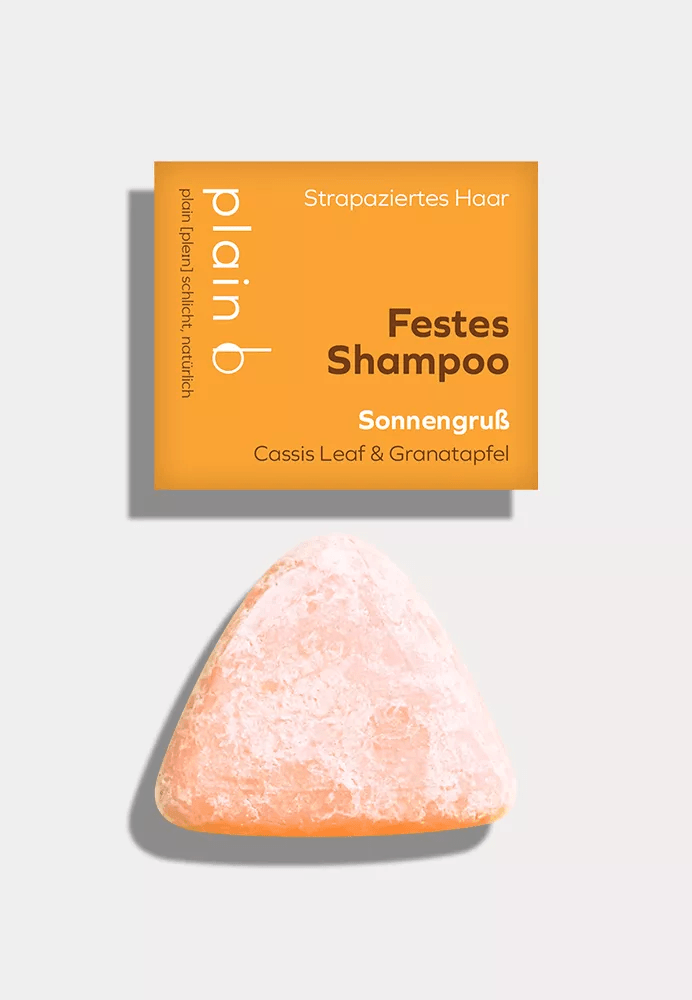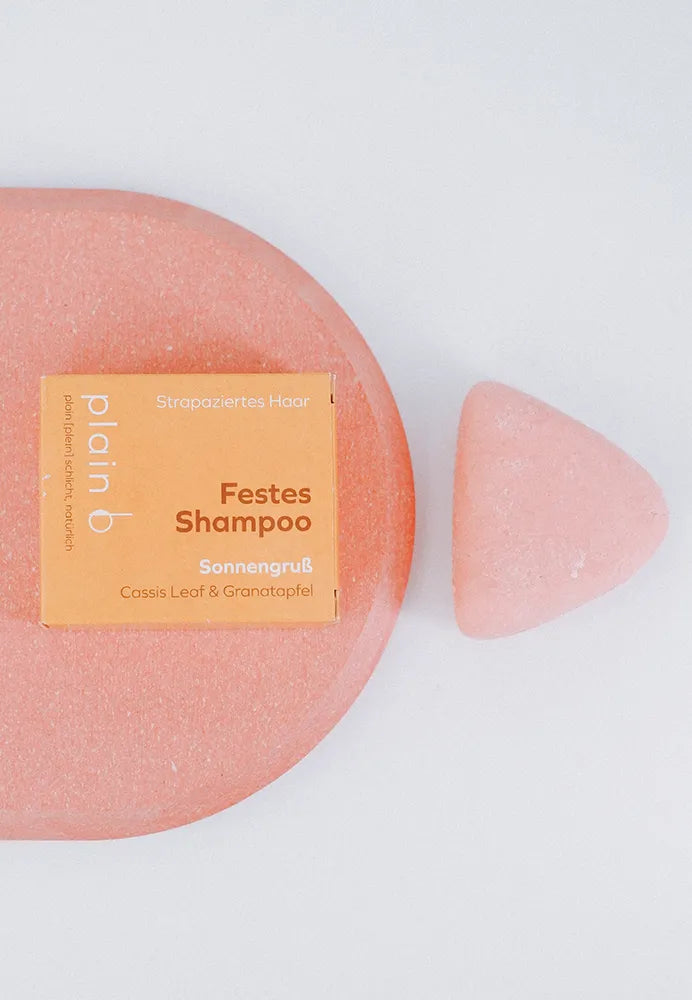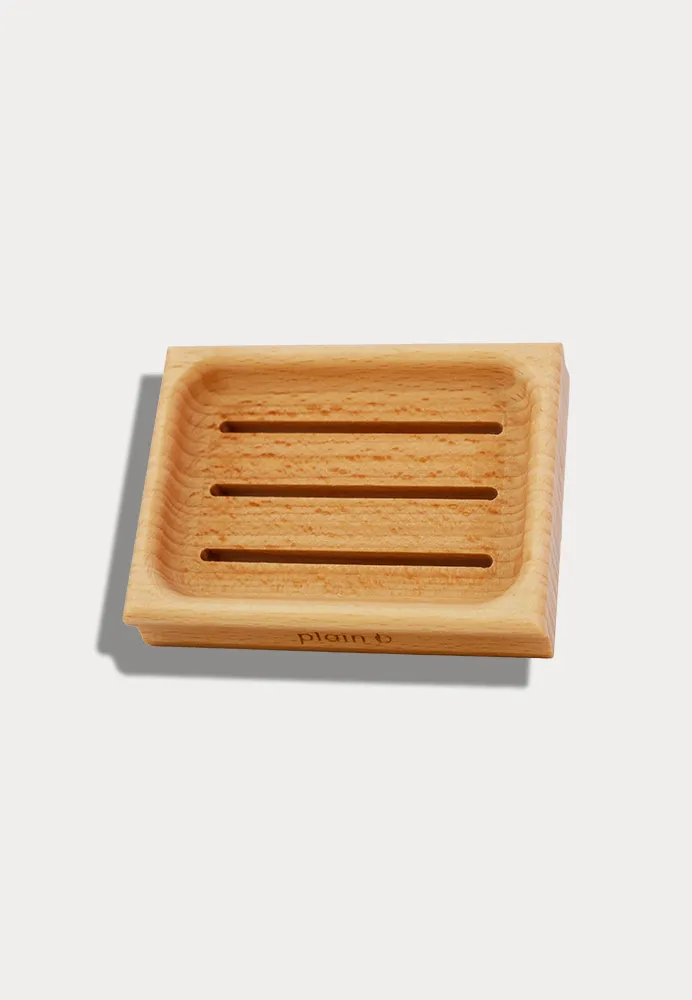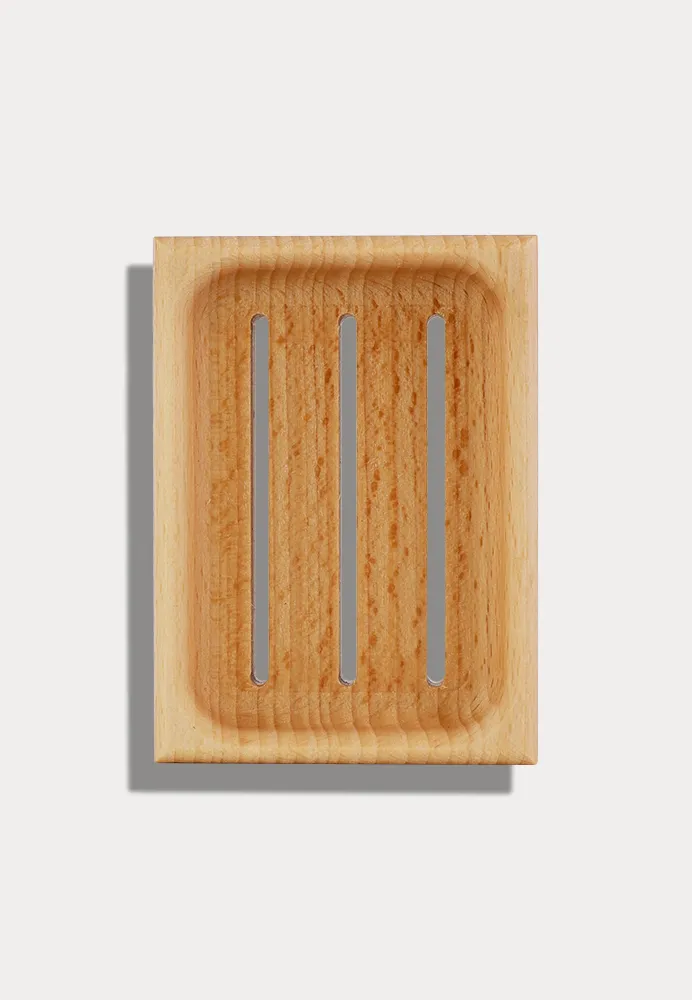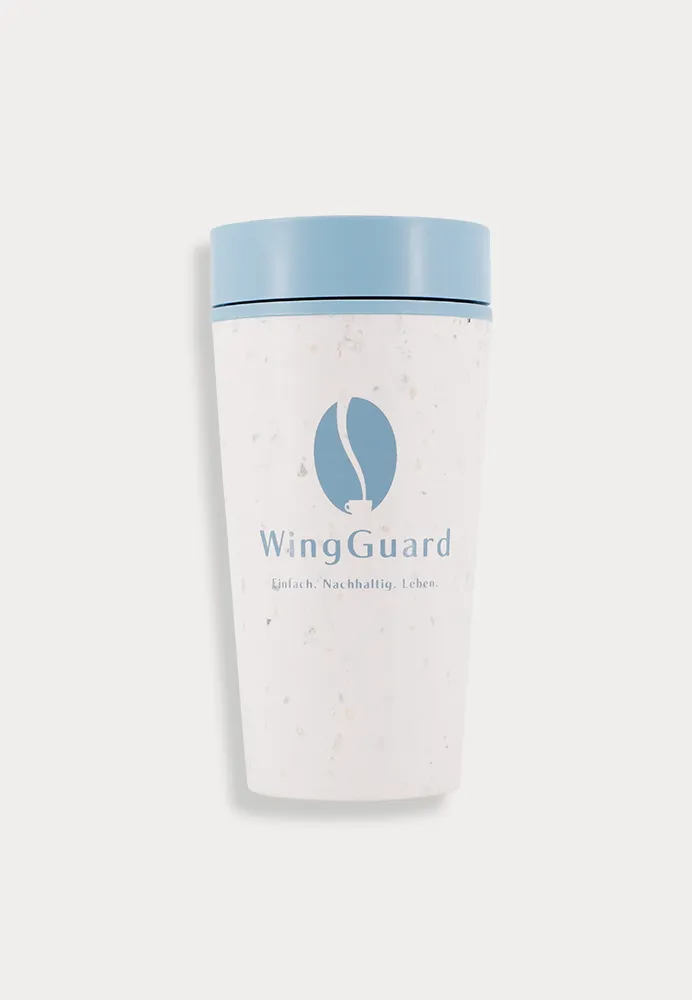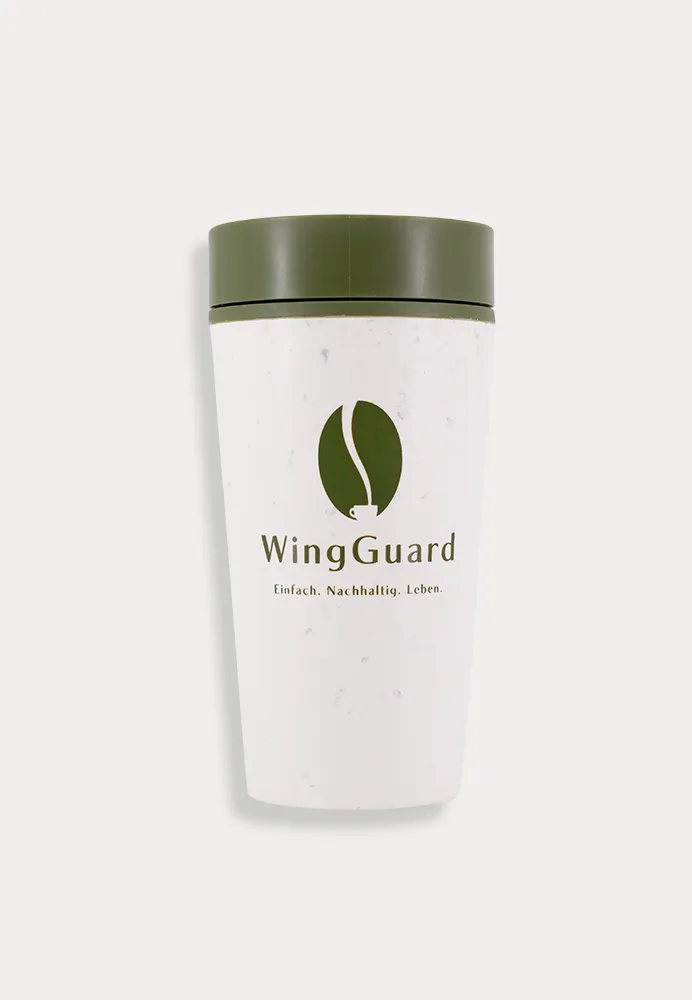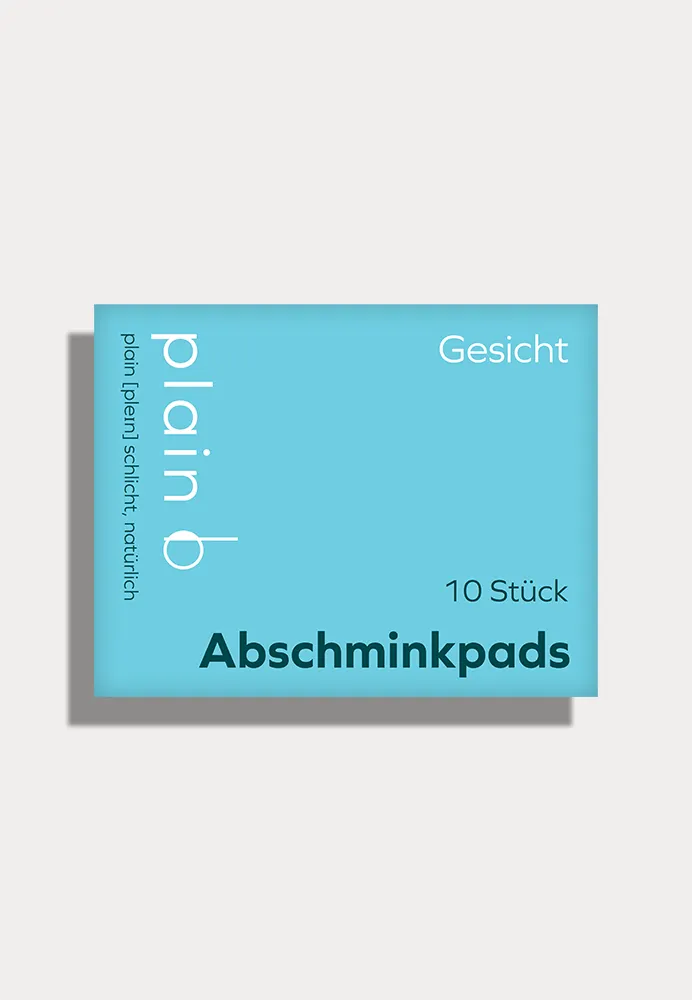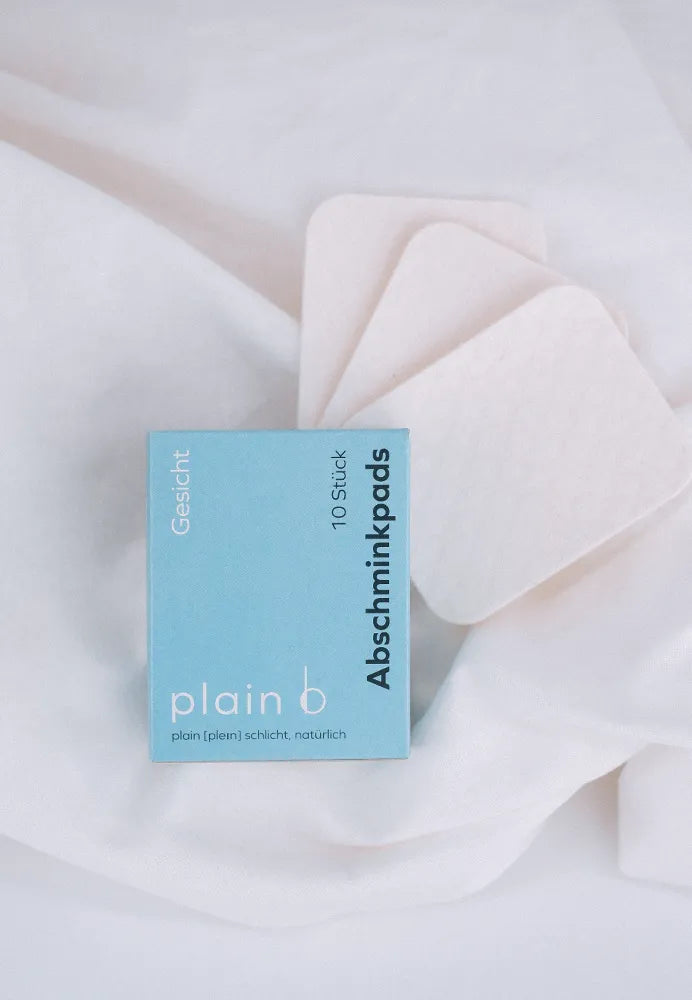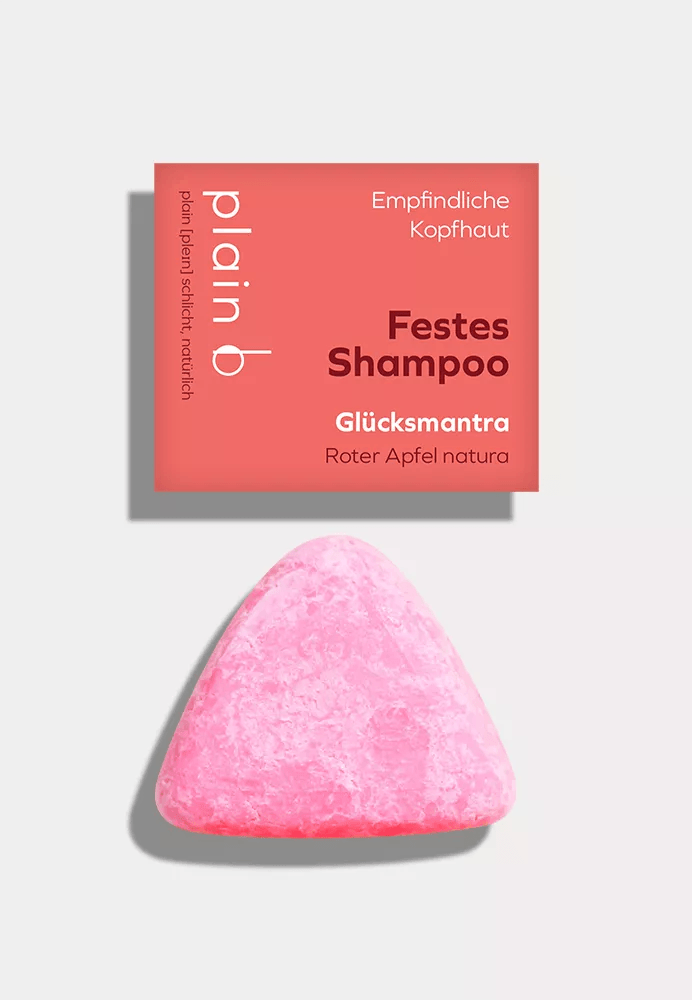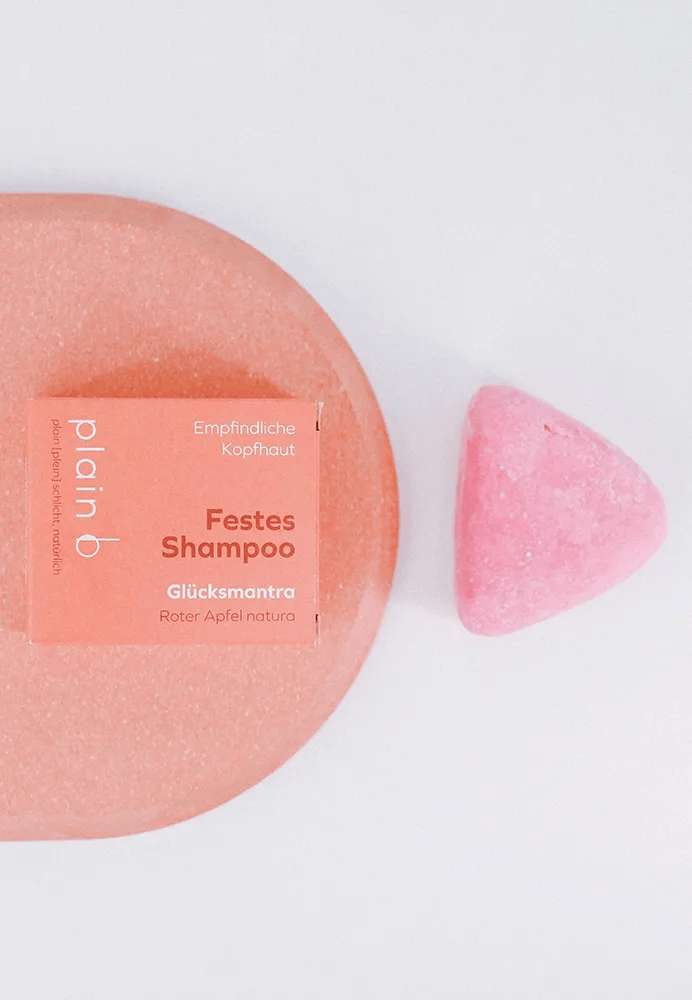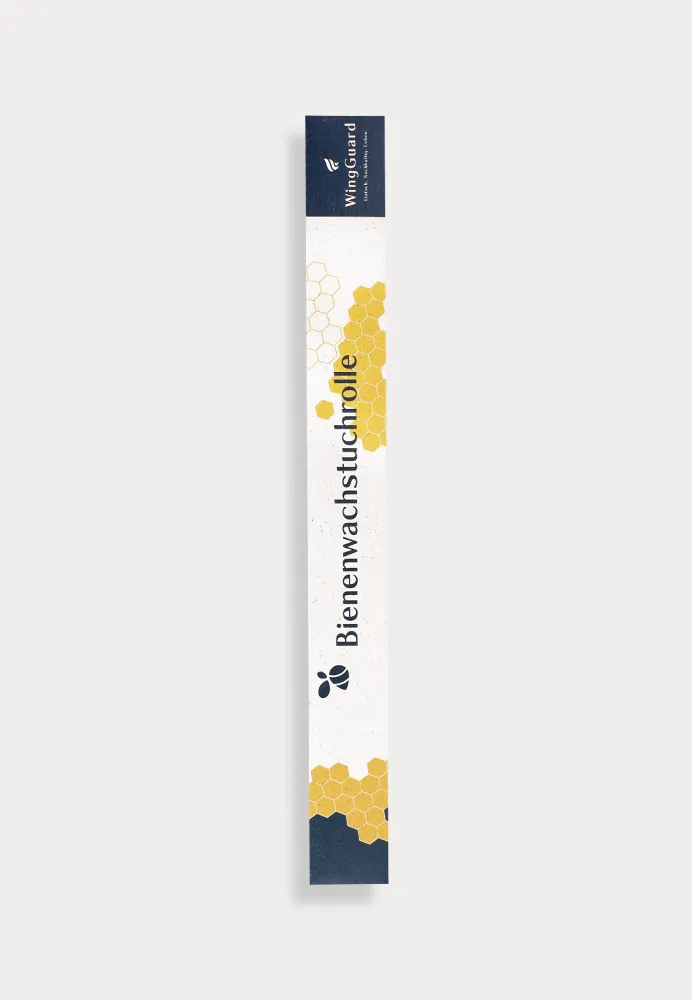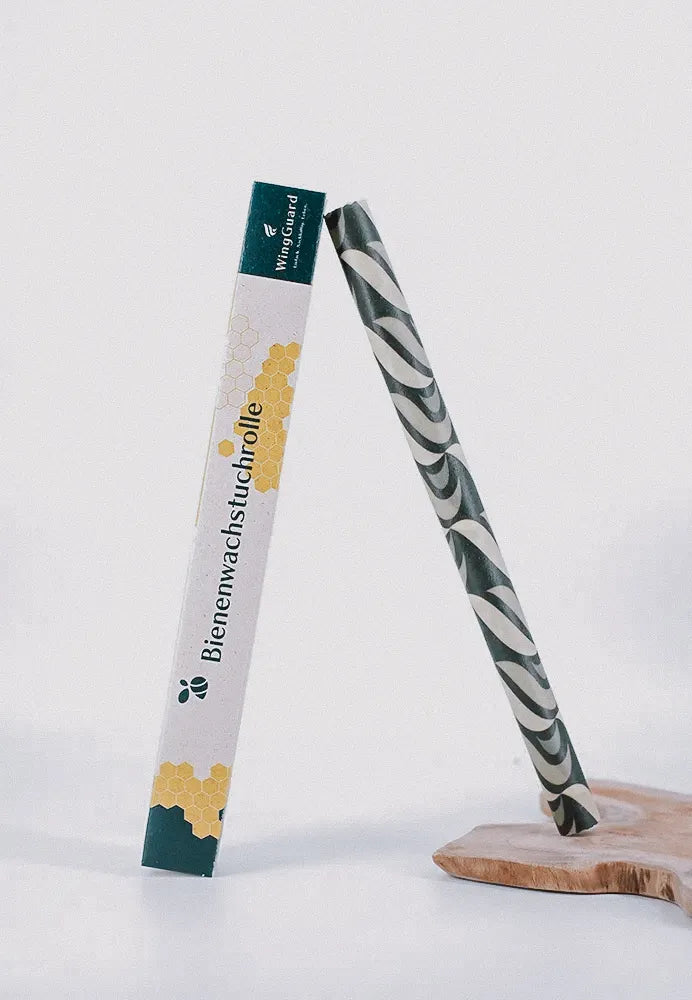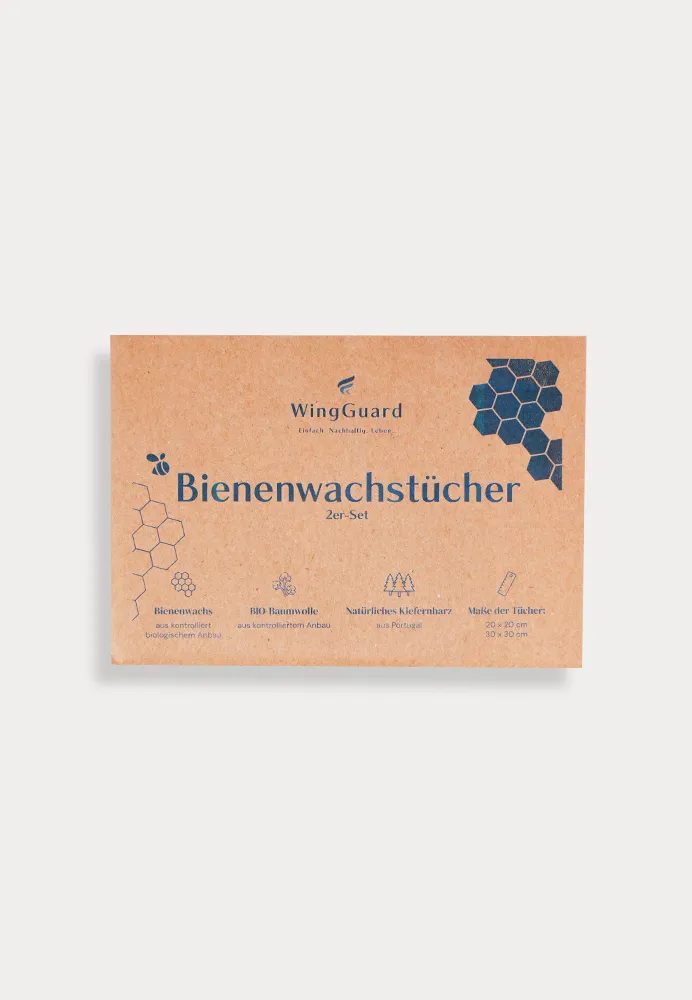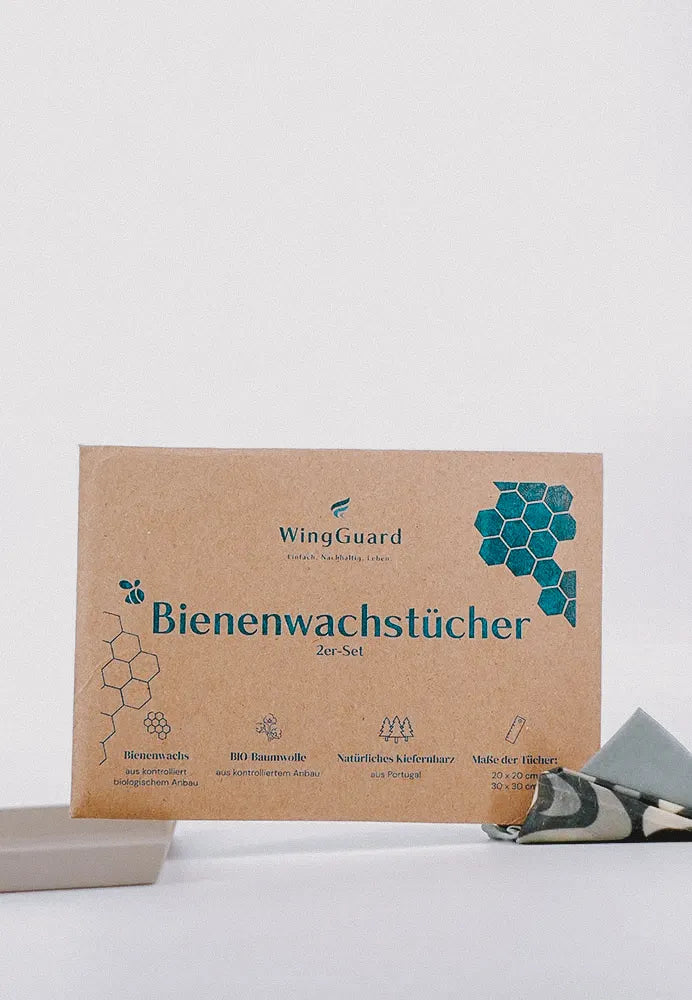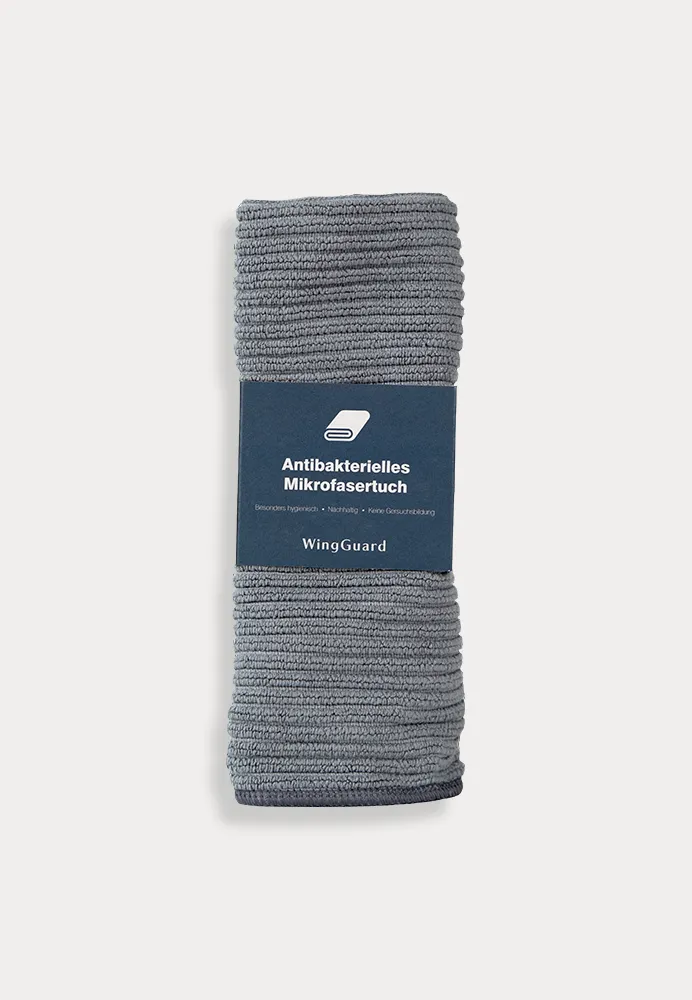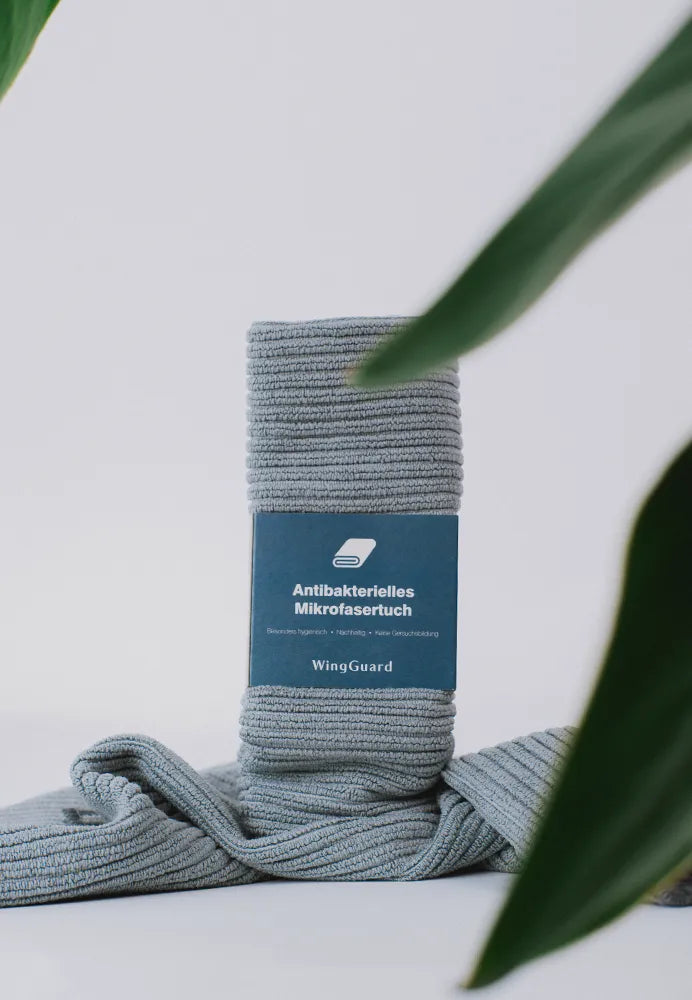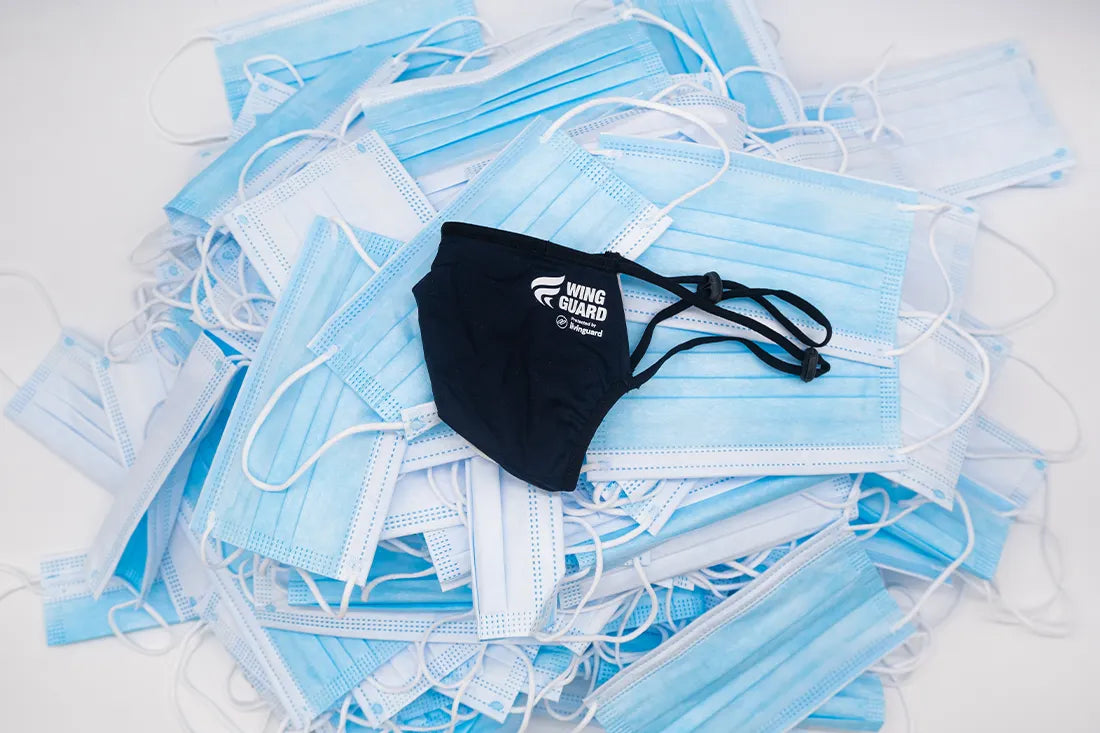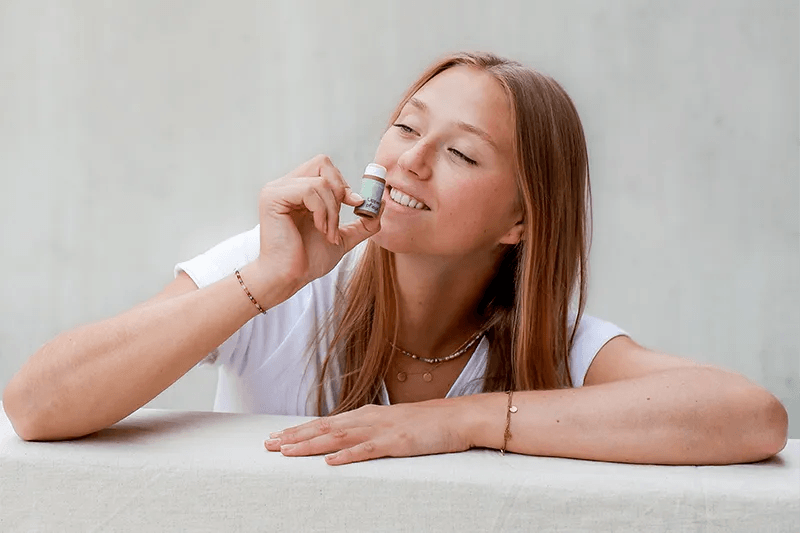Made in Germany stands for quality, Made in EU for common standards and fair trade means fair wages. Something like that is probably the general understanding. But, is this really the truth? We took a closer look for you and summarized the information we found. At the end we also explain briefly what we look for in our shop products before we label them as 'Made in Europe' or 'fairly produced'. So stay tuned!
Made in Germany - top position with history

Originally, the product mark 'Made in Germany' goes back to the 'Merchandise Marks Act' passed by the British House of Commons at the end of the 19th century. This law was intended to protect the British economy from competing imported products. They wanted to give the impression that products from foreign, up-and-coming industrial countries are inferior. In fact, these were not only cheaper, but sometimes also of higher quality. In the meantime, products made in Germany are most frequently associated with the properties 'high quality' (49%) and 'high safety standards' (32%) in an international comparison and are therefore listed as number 1 in the Made-In-Country Index 2017 .
What must actually be fulfilled so that the label 'Made in Germany' can be used?

The answer is relatively short. Because contrary to what you might think, there are no legal norms or standards for labeling goods as 'Made in Germany'. Therefore, only competition law currently applies, which states that the buyer must not be misled by the label.
This right can be summarized in simplified form by four defined conditions:
- Significant manufacture of the product in Germany.
- Added value of the product through assembly in Germany.
- Significant finishing of the product in Germany.
- Essential components of the product are manufactured in Germany.
One of the four points is sufficient as a basis for using the label.
Overall, this means that, for example, all the necessary raw materials can come from abroad, but the label 'Made in Germany' can still be used in the end, as long as the end product was manufactured in Germany.
And what about 'Made in Europe'?

The labeling 'Made in Europe' or 'Made in EU' is similar to 'Made in Germany': it is not mandatory as a label for European products instead of the country label, but it is planned as a replacement in the long term.
A large number of national and international seals of approval and quality are in use in Europe. However, these only relate to individual products or company aspects, such as the CE marking, the EU Ecolabel or the EMAS energy label for companies.
In addition to the seals of quality, there are many regulations, guidelines and other legal acts intended to promote fair competition within the EU. However, they are often only to be understood as recommendations or set longer-term goals that do not have to or cannot be implemented directly. Only the so-called EU resolutions are binding and directly applicable, which in turn are only binding for certain member states and organizations.
However, independent of EU institutions, there are already initiatives to establish an EU-wide made-in seal. The goal: A registered seal should ensure in the long term that EU-wide quality standards and guidelines on environmental protection or occupational safety, for example, are observed and that a fair economy is promoted.
Fair Trade - A seal of quality for orientation outside the EU

Unfortunately, poor working conditions and unfair wages are largely associated with non-EU labels such as 'Made in China'.
That's why many buyers now pay attention to other official labels, such as the fair trade seal. But FairTrade is not the same as fair trade.
Fair trade generally refers to fair trade. You can recognize fair trade goods by the various fair trade seals (e.g. FairTade, Naturland fair, GEPA Fair+, Rapunzel Hand in Hand) or by the corresponding trademarks (e.g. Banafair, Weltpartner, El Puente, Globo Fair Trade Partner, Weltladen in Deine Vicinity).
The FairTrade seal is probably the best-known seal of quality for fair trade. It is subject to specific standards, which in turn are regularly checked on site by a certification company. The standards can be classified into three categories: social, ecological and economic.
Social standards deal with the empowerment of smallholders and workers through the promotion of trade union organizations and regulated working conditions and prohibitions (e.g. in the area of child labor and discrimination).
Ecological standards refer to environmental protection, whereby the focus here is primarily on people. They not only regulate environmentally friendly cultivation, but also the ban on dangerous pesticides and even the promotion of organic cultivation.
Last but not least, the economic standards regulate all requirements for retailers and manufacturers, such as paying the minimum price or complying with the guidelines for using the seal. Transparency plays a major role here.
The overarching goal here is always to respect and strengthen the rights of workers.
How do we at WingGuard ensure that our items are produced fairly?

Despite all guidelines, recommendations and product labels, the same conditions do not apply in all countries. We at WingGuard know that too. Therefore, before we add new brands to our portfolio, we first make detailed contact with all manufacturers and get an impression of the company behind the product.
Since we are still a very young and comparatively small company that is still growing, we unfortunately lack the manpower to check the working and production conditions on site ourselves. Therefore, we try to assess as well as possible beforehand in discussions with the brands and producers what the values and principles of the company are, whether certain certificates are already available and only accept those that suit us and our philosophy.
We attach great importance to supporting fair and safe working conditions. In general, we prefer to produce in European countries, where stricter labor law standards apply than in non-EU countries. In addition, the transport routes are shorter, which means that the CO2 balance can be kept lower.
We attach great importance to appropriate working standards and fair wages, especially for countries of origin that are outside the EU. Certain raw materials, such as natural rubber, grow in countries like Sri Lanka. The Fairtrade seal ensures that fair working conditions are implemented there.
